Amazon.com Review
Written in a narrative style that captures both the scope and detail of the Russian revolution, Orlando Figes's history is certain to become one of the most important contemporary studies of Russia as it was at the beginning of the 20th century. With an almost cinematic eye, Figes captures the broad movements of war and revolution, never losing sight of the individuals whose lives make up his subject. He makes use of personal papers and personal histories to illustrate the effects the revolution wrought on a human scale, while providing a convincing and detailed understanding of the role of workers, peasants, and soldiers in the revolution. He moves deftly from topics such as the grand social forces and mass movements that made up the revolution to profiles of key personalities and representative characters.
Figes's themes of the Russian revolution as a tragedy for the Russian people as a whole and for the millions of individuals who lost their lives to the brutal forces it unleashed make sense of events for a new generation of students of Russian history. Sympathy for the charismatic leaders and ideological theorizing regarding Hegelian dialectics and Marxist economics--two hallmarks of much earlier writing on the Russian revolution--are banished from these clear-eyed, fair-minded pages of A People's Tragedy. The author's sympathy is squarely with the Russian people. That commitment, together with the benefit of historical hindsight, provides a standpoint Figes take full advantage of in this masterful history. --This text refers to an out of print or unavailable edition of this title.
From Publishers Weekly
Packed with vivid human detail and incident, British historian Figes's monumental social and political history spans Russia's entire revolutionary period, from the czarist government's floundering during the famine of 1891 to Lenin's death in 1924, by which time all the basic institutions of the Soviet dictatorship?a privileged ruling elite, random terror, secret police, torture, mass executions, concentration camps?were in place. Figes dismantles any number of myths surrounding the Bolshevik Revolution of October 1917, a military coup rammed through at Lenin's insistence ("hardly any of the Bolshevik leaders had wanted it to happen until a few hours before it began"). Using diaries, letters, memoirs and archival documents, Cambridge don Figes provides masterful portraits of cynical, power-hungry Lenin, driven by an absolute faith in his mission; Alexander Kerensky, weak-willed, vain democratic leader, the self-styled savior of Russia; writer Maxim Gorky, plagued by the fear?and later by the terrible realization?that the "people's revolution" was a descent into barbarism; Tolstoyan peasant reformer Sergei Semenov; and dozens of lesser-known figures. In this vibrant magnum opus, Figes illumines the manifold sources of Russia's failure to take a democratic path. Illustrations not seen by PW.
Copyright 1996 Reed Business Information, Inc. --This text refers to an out of print or unavailable edition of this title.





































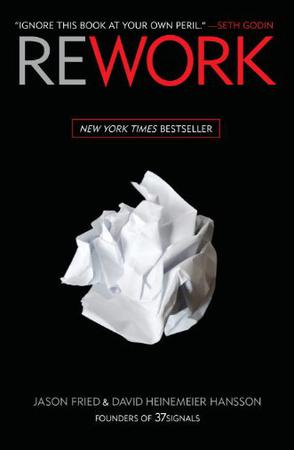




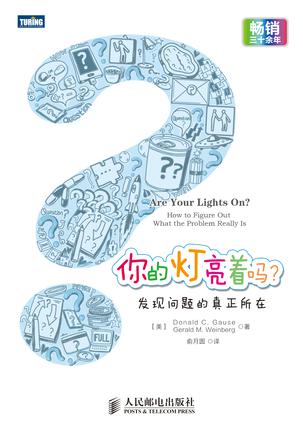

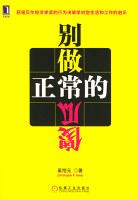
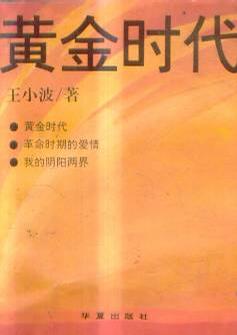
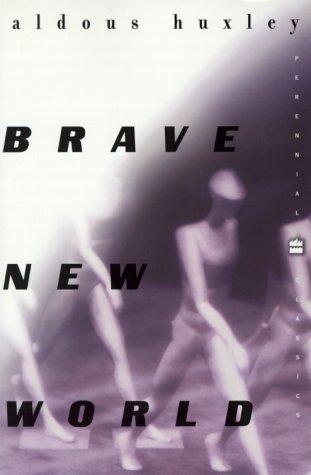
评价“A People's Tragedy”